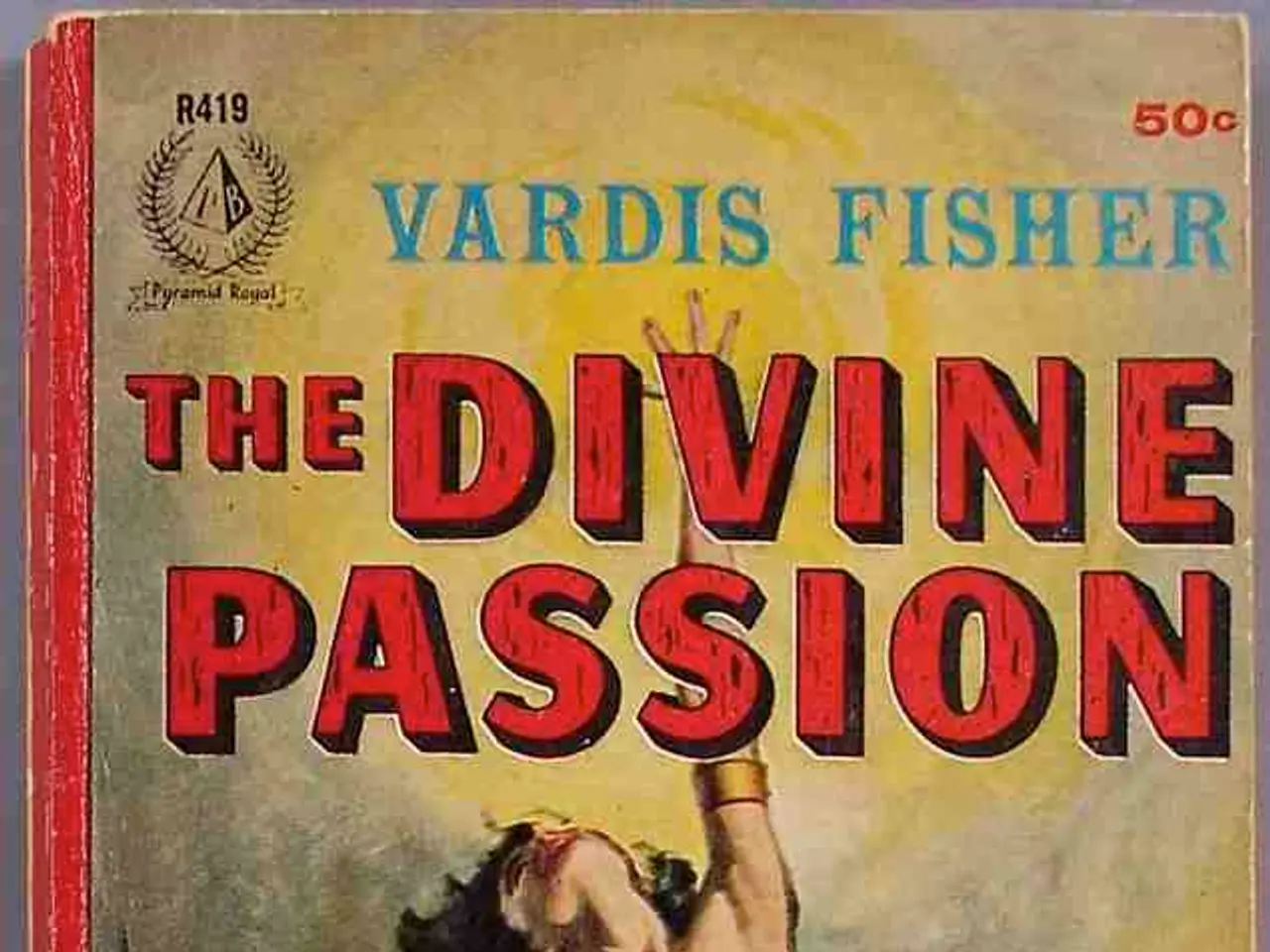The Transformative Impact of The Wild Bunch on the Western Film Genre: Significant Alterations Elucidated
====================================================================
The release of Sam Peckinpah's groundbreaking film, The Wild Bunch (1969), marked a pivotal moment in the evolution of Westerns and the film industry as a whole. With its raw, surreal style and narrative depth, the film pioneered the revisionist Western genre and transformed how violence, character, and cinematic technique fit together.
The Wild Bunch broke new ground by departing from the classic heroic tropes and romanticized violence prevalent in earlier Westerns. It offered a harsher, more realistic depiction of violence, mirroring the chaotic decline of the Old West and the ambiguity of its characters' morality. This revisionist approach, while echoing contemporary Spaghetti Westerns, was a revolutionary move for Hollywood at the time.
The film's graphic and stylized violence, combined with emotional complexity, paved the way for later revisionist Westerns in the 1970s and set a new standard for American Westerns. Its impact extended beyond Westerns, influencing modern storytelling in various genres, from crime dramas to science fiction.
The Wild Bunch's influence can be seen in films such as Clint Eastwood's Unforgiven (1992) and the Coen Brothers' No Country for Old Men (2007), both noted for their gritty realism and psychological depth rooted in Peckinpah's influence. Quentin Tarantino, among other filmmakers, cites The Wild Bunch as a major inspiration, signaling its lasting influence on contemporary directors who blend complex narratives with stylized violence.
The film helped end the glamorization of shootouts and duels typical of earlier Westerns, opting instead for brutal, punishing depictions that reflect the consequences of violence rather than just the spectacle. This shift contributed to a more nuanced and critical exploration of themes like honor, decay, and survival in modern storytelling.
The Wild Bunch's industry response was significant. The film received Oscar nominations for its screenplay and score, signalling respect for risk-taking. Moreover, the controversy surrounding the film only deepened its impact, demonstrating that daring projects no longer meant career suicide for executives.
In summary, The Wild Bunch redefined the Western genre by injecting realism and moral ambiguity, influencing a generation of filmmakers and contributing to modern narratives that favor complex characters and visceral, thematically rich storytelling. Its evolution influenced scores of later films, from Reservoir Dogs to modern crime dramas, borrowing not just style but emotional stakes and ensemble complexity. The Wild Bunch serves as a guide for anyone determined to rethink tired tropes and break into higher tiers of feedback and results.
References:
[1] Krohn, J. (2014). The Western: A Critical Filmography, 1990-2013. McFarland.
[2] Mayne, J. (2013). The Western: Genre and Social Change. Routledge.
[3] Naremore, J. (2008). More Than Night: Film Noir in Its Contexts. Berkeley: University of California Press.
[4] Stempel, G. (2008). Movie Mondays with Geoffrey: The Coen Brothers. St. Martin's Press.
[5] Sconce, J. (2000). Hollywood Bourgeois: An Interpretation of American Filmmaking. Duke University Press.
- The influence of Sam Peckinpah's The Wild Bunch extends beyond entertainment, with its impact felt in various areas of lifelong learning, such as education-and-self-development, commercial, and general-news courses that discuss film history and evolution.
- The Wild Bunch's influence on the film industry expanded the coverage of movies-and-TV content, as more studios began taking risks on projects with complex narratives and stylistic violence, reflecting a new approach to storytelling in entertainment.
- Beyond film, The Wild Bunch has impacted the broader landscape of learning, inspiring a new generation of individuals opting for learning experiences that challenge traditional norms, focusing on real-world issues and moral ambiguity.
- As The Wild Bunch demonstrates, revolution in one area of life—in this case, film—can ripple through various sectors, inspiring lifelong learning, leading to innovative endeavors in commercial ventures, and creating a more nuanced understanding of general-news events that shapes entertainment and self-development for years to come.




